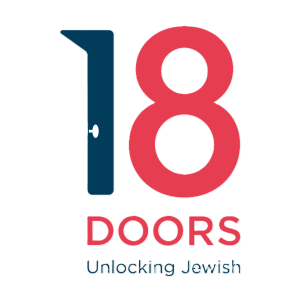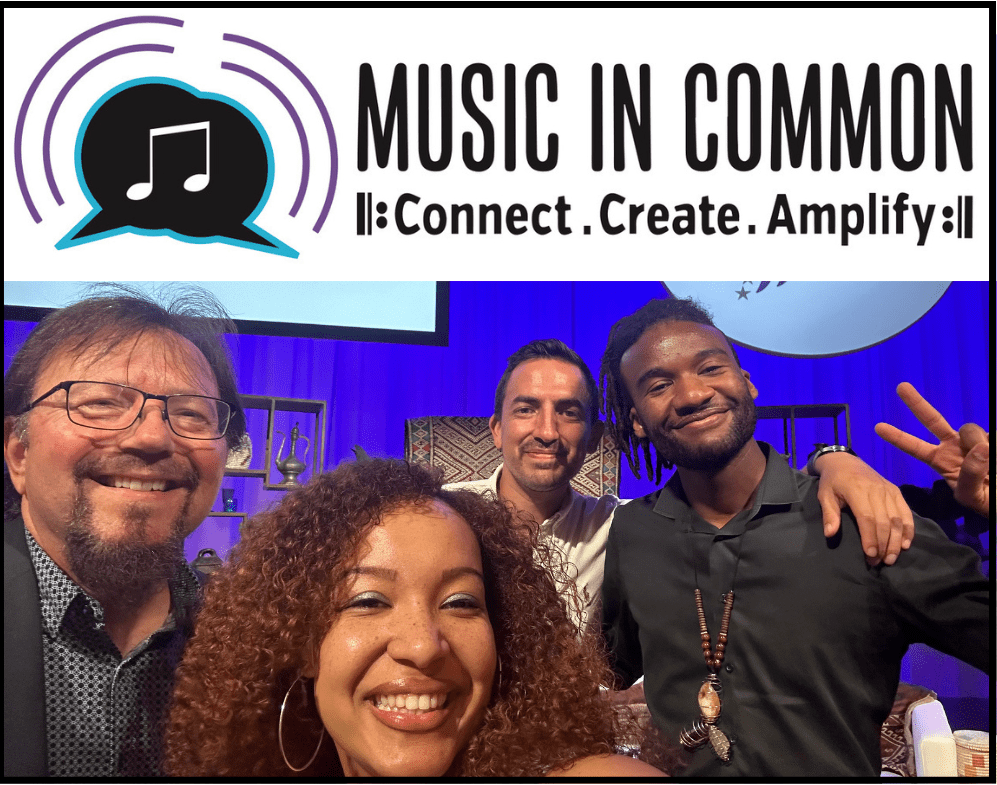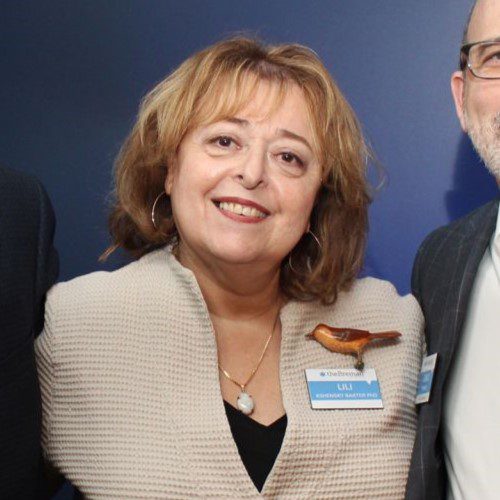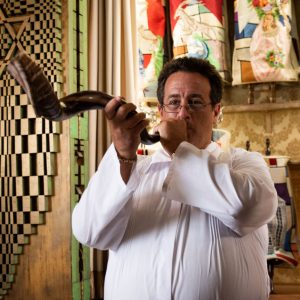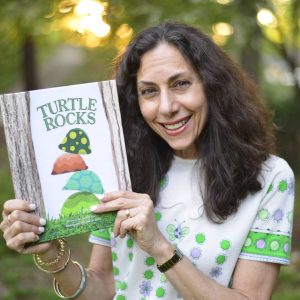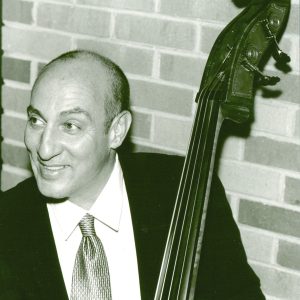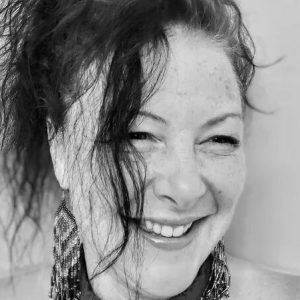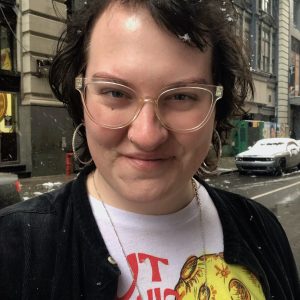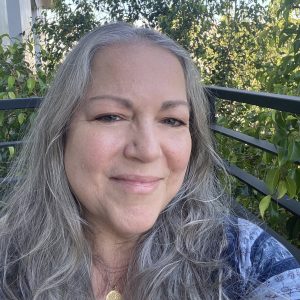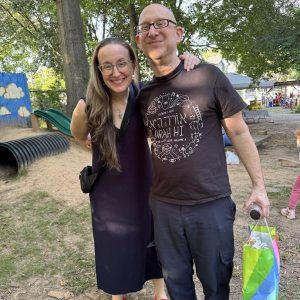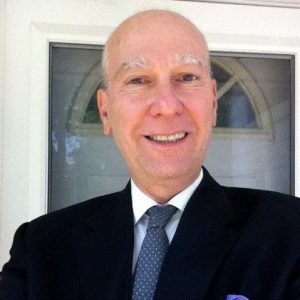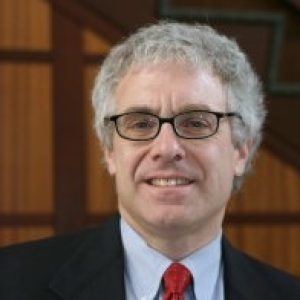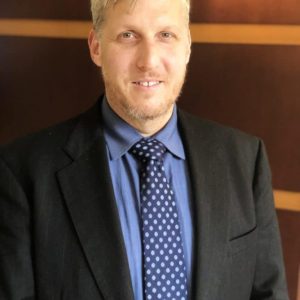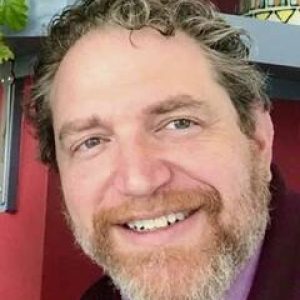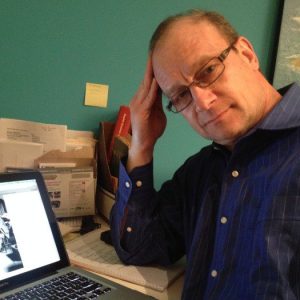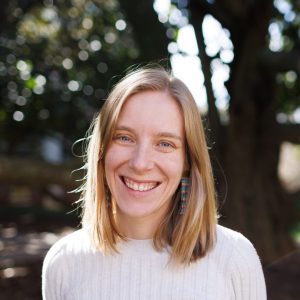Torah Commentary with Rabbi Laurence Rosenthal
Parshat Tazriah
Leviticus 12:1-13:59
The Consciousness of Moral Freedom
By Rabbi Laurence Rosenthal
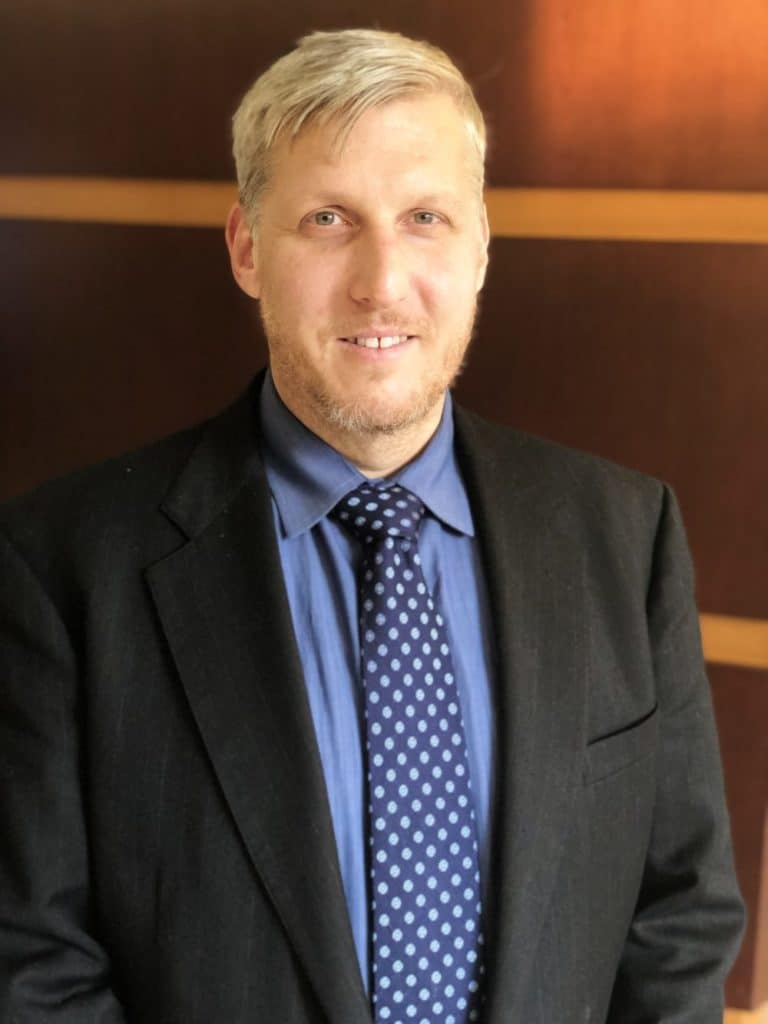
Our sidra this week begins with the ritual impurity of childbirth. It's hard not to be thrown off by the thought of something so amazing as the birth of a child causing a spiritual state that our tradition would call, "impure." Of course, ritual impurity doesn't mean dirty or bad–it's simply one of several spiritual states that we navigate as human beings. My apologies notwithstanding, it's a challenging place to start our weekly discussion. Rabbi Sampson Raphael Hirsch begins his commentary on Chapter 12 of Leviticus with a discussion about impurity. Unlike last week's chapter which denotes impurity which might happen if a person consumes a non-kosher animal, an act that people do to themselves, this week's chapter discusses spiritual actions which happen to a person, childbirth being one of them.
Rabbi Hirsch uses a phrase a few times in discussing these acts that cause ritual impurity. He describes them as a condition that jeopardizes "the consciousness of moral freedom." Now, to be honest, I am not fully grasping what Rabbi Hirsch means when he is talking about consciousness of moral freedom. However, the phrase, especially in this context, really grabbed me. There are many levels of blessings and stress with having children. When I talk about stress here, I am talking about the sleepless nights, tantrums, breaking of my stuff, spending all my money sort of stress. For me, having children has created a vulnerability that I wasn't expecting. I imagine I understood it on an intellectual level but not on a deeper spiritual level. My soul is tied to theirs. There is something beautiful about this but also terrifying. If something were to happen to one of them, then that devastation would happen to my soul as well. I am cognizant of the possibility that I would be left to manage without that important part of my soul. Having children has brought about that consciousness of who I am. I am not free. I am bound, intertwined with the life of individuals who are autonomous, willful, human beings. I can't control what they do, but I am affected by their choices, for good and for… not so good.
To reiterate, I don't think this is what Rabbi Hirsch was talking about when he conjured this phrase, but it's where my heart lies so I share it with you. Although I continue to be an autonomous human being with all the abilities and tools to plot my own way in life, the birth of my children has made me ever so conscious of my moral freedom. Or better yet, my lack of it. My vulnerability has never been higher which leads to me feeling frail and fragile. I wouldn't change it, but I acknowledge it. So, when our sidra begins with the restrictions and ritual impurity of a women following childbirth, it resonates with me. Being a parent has made me keenly aware of the many phases and states that I travel through in my life. Now back to figuring out what Rabbi Hirsch was trying to say.
Shabbat Shalom












